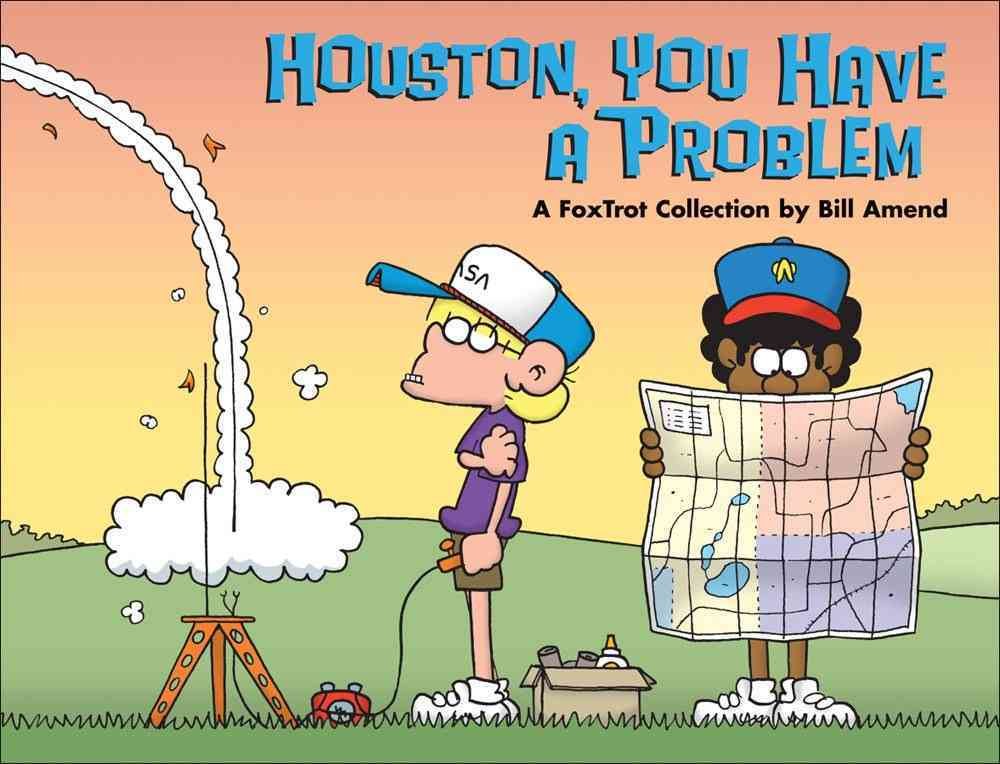“Et in Arcadia Ego, Part 2.” By Michael Chabon. Perf. Patrick Stewart and Brent Spiner. Dir. Akiva Goldsman. Star Trek: Picard. Season 1, episode 10. Paramount+. 26 March 2020. DVD. Paramount Pictures Home Entertainment, 2023.
It's been some time since I had anything to add to my "Shakespeare and
Star Trek Complete" post (for which,
q.v.). And that post, in all honestly, is "complete" for
Star Trek: The Original Season and
Star Trek: The Next Generation while only venturing occasionally into other
Star Trek universes (e.g.,
Star Trek: The Animated Series,
Star Trek: Enterprise, and the reboot films).
But I've finally found the time to watch Star Trek: Picard and to find the Shakespeare therein.
I'm afraid Picard is pretty awful in most respects, but you can learn more about that from other sources. Here, we'll talk about the Shakespeare—which you may think is pretty awful, too.
Note: Spoilers are approaching at high warp.
In the final episode of Season 1, the show awkwardly wraps up. Picard has died (but don't worry—his consciousness has been placed in an android body . . . the very thing we've been warned not to do in "The Schizoid Man" and elsewhere in the Star Trek universe), and Data (who likewise died near the end of Star Trek: Nemesis) has been restored—but only in a simulation, not in a physical body of any sort (but don't worry—Dr. Noonien Soong has a previously-unmentioned biological son who looks just like Data). Data wishes to end his existence since that's the only thing that is certain about human beings (except when it isn't), and he wishes to have a fully human experience.
As Data's simulation shuts down, Picard provides narration in the way of a speech from
The Tempest:
Anyone who would say "Spoilers are approaching at high warp" should be careful about calling anything corny, so I'll avoid doing that. Instead, I'll comment on the insight that we're offered. Here's what Picard says before the Tempest quote:
Looking at the human race, with all its violence and corruption and willful ignorance, he could still see kindness, the immense curiosity and greatness of spirit. And he wanted, more than anything else, to be a part of that . . . to be a part of . . . the human family.
He's talking, of course, about Data. But he could easily be talking about Shakespeare—at least in the first part. The second part could be changed for Shakespeare to "he wanted to show us the human family."
With that in mind, perhaps there's less corniness in Prospero's words and Picard's (and Picard's) use of them:
We are such stuff
As dreams are made on, and our little life
Is rounded with a sleep. (The Tempest, IV.i.156–58)










































